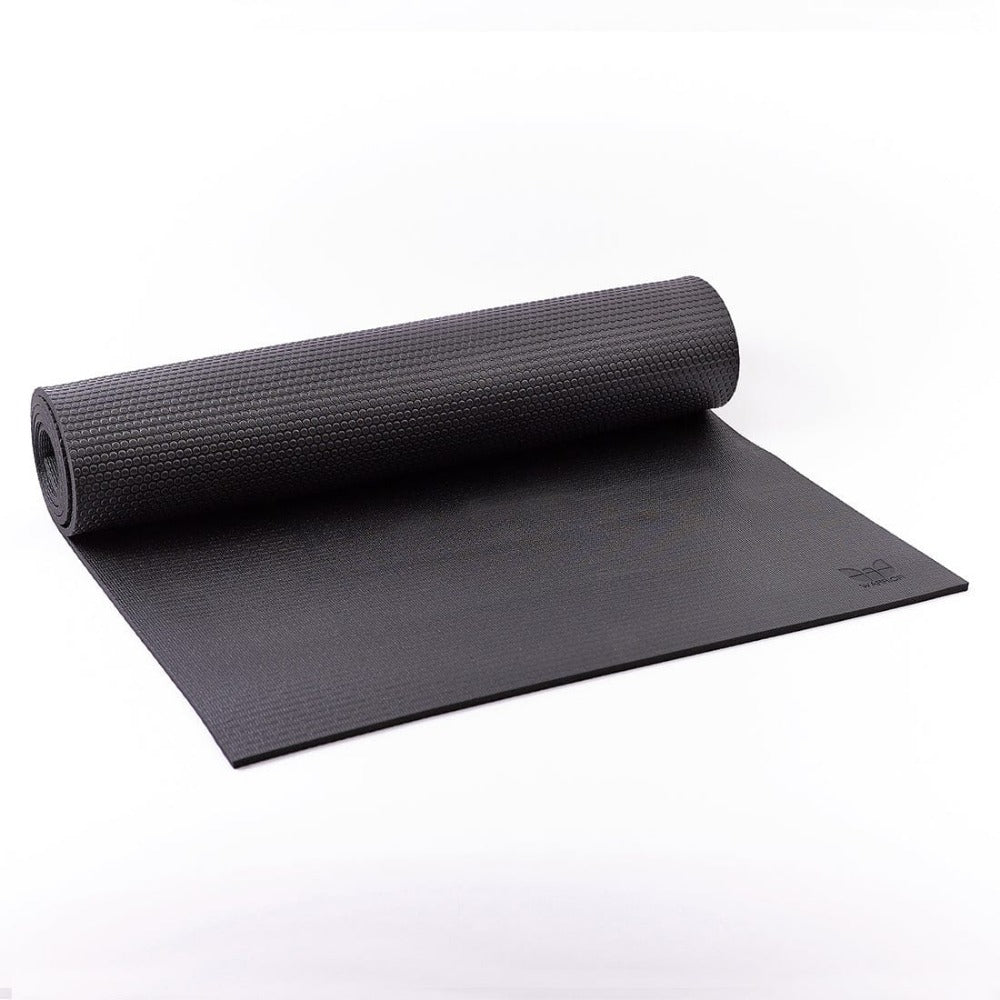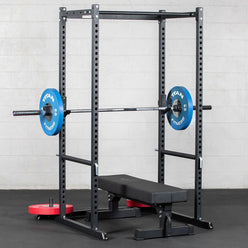DJI Mavic Air 2: The Perfect Blend of Power, Portability, and Intelligent Flight
The DJI Mavic Air 2 is a standout drone designed for enthusiasts and professionals alike who want top-tier aerial photography and videography in a compact, easy-to-carry package. Building on the success of its predecessor, the Mavic Air 2 introduces significant advancements in camera quality, flight time, intelligent features, and safety, making it one of the best all-around drones available today. Stunning Camera Capabilities At the heart of the Mavic Air 2 is a powerful 1/2″ CMOS sensor camera that captures breathtaking 48-megapixel photos and records crisp 4K video at up to 60 frames per second. The camera’s fixed f/2.8 aperture and 84° field of view allow for vibrant, detailed imagery with excellent dynamic range. Key camera features include: The camera is mounted on a fully stabilized 3-axis gimbal, ensuring smooth, shake-free footage even during fast or windy flights. Impressive Flight Performance The Mavic Air 2 offers a remarkable maximum flight time of 34 minutes, one of the longest in its class, allowing for extended aerial sessions without frequent battery swaps. It can reach speeds up to 42.5 mph (68.4 kph) and fly at altitudes up to 16,400 feet (5,000 meters) above sea level. Its robust build and advanced motors enable it to resist winds from 29 to 38 kph, providing stable flight in various weather conditions. Intelligent Flight and Safety Features DJI has equipped the Mavic Air 2 with cutting-edge intelligent flight systems and safety measures: Creative Modes for Effortless Cinematics The Mavic Air 2 includes a variety of automated shooting modes that make capturing professional-quality footage easier than ever: These modes allow both beginners and experienced pilots to unleash their creativity without complex piloting skills. Compact and Portable Design Despite its advanced features, the Mavic Air 2 maintains a foldable and lightweight design, weighing about 570 grams (1.25 lbs). It folds down to a compact size for easy transport, making it an ideal travel companion for outdoor adventures, urban exploration, or professional shoots. Summary of Key Specifications Feature DJI Mavic Air 2 Camera Sensor 1/2″ CMOS Photo Resolution 48 MP (8000 x 6000) Video Resolution 4K up to 60 fps Max Flight Time 34 minutes Max Speed 42.5 mph (68.4 kph) Max Flight Altitude 16,400 feet (5,000 m) Transmission Range Up to 10 km (6.2 miles) Obstacle Avoidance APAS 3.0 with forward, backward, downward sensors Intelligent Flight Modes FocusTrack (ActiveTrack 3.0, Spotlight 2.0, POI 3.0), QuickShots, Hyperlapse, Panorama Weight ~570 g (1.25 lbs) Conclusion The DJI Mavic Air 2 is a versatile, powerful drone that excels in image quality, flight performance, and intelligent features-all packed into a highly portable design. Whether you’re a content creator, traveler, or drone enthusiast, the Mavic Air 2 offers an outstanding balance of professional-grade capabilities and ease of use, making it one of the best drones for capturing stunning aerial footage.








